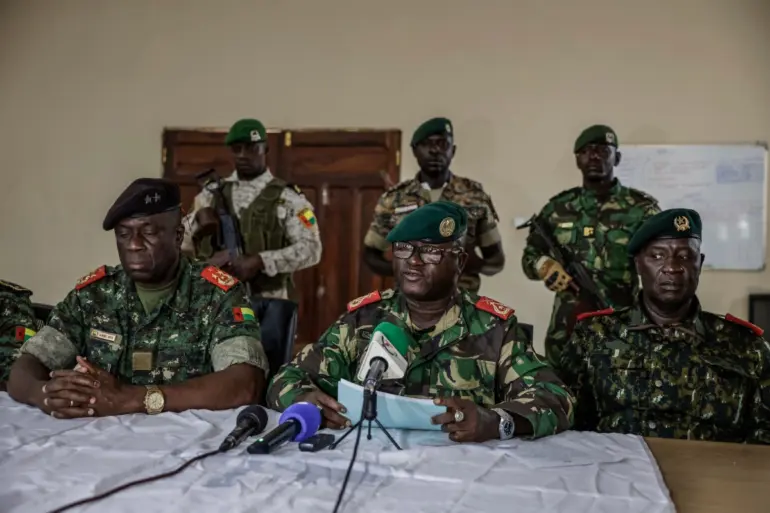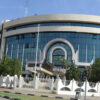Military authorities in Guinea-Bissau have reopened the country’s borders, a day after seizing power and suspending the electoral process in the coup-prone West African nation.
“All borders are now open,” General Lansana Mansali, Inspector General of the Armed Forces, told AFP on Thursday, reversing Wednesday’s shutdown of all land, air, and sea entry points.
The Telegraph earlier reported that soldiers on Wednesday declared they had taken “total control” of the country, halting the ongoing electoral process just three days after general elections. Their announcement came after heavy gunfire erupted near the presidential palace, with armed troops blocking the main road leading to the complex.
On Wednesday afternoon, General Denis N’Canha, head of the presidential military office, announced that a command “composed of all branches of the armed forces” had assumed leadership of the nation “until further notice.” He delivered the statement while flanked by heavily armed soldiers.
Incumbent President Umaro Sissoco Embaló—considered the frontrunner in Sunday’s vote—was inside a building near military headquarters at the time, along with the chief of defence staff and the interior minister, according to a senior officer who spoke to AFP on condition of anonymity. It remains unclear whether the president was detained.
Tensions had already been high after both Embaló and opposition candidate Fernando Dias prematurely declared victory ahead of the provisional results expected Thursday.
Guinea-Bissau has endured four successful coups and numerous attempted ones since independence, leaving its political landscape chronically unstable.
In his televised address, N’Canha claimed the military had uncovered a plot to destabilise the country involving “national drug lords” and the illicit importation of weapons to subvert constitutional order.
The military also froze “the entire electoral process,” suspended all media programming, and imposed a nationwide curfew.
Guinea-Bissau, one of the world’s poorest nations, remains a key transit hub for drug trafficking between Latin America and Europe, an illicit trade long enabled by its deep-rooted political instability.


